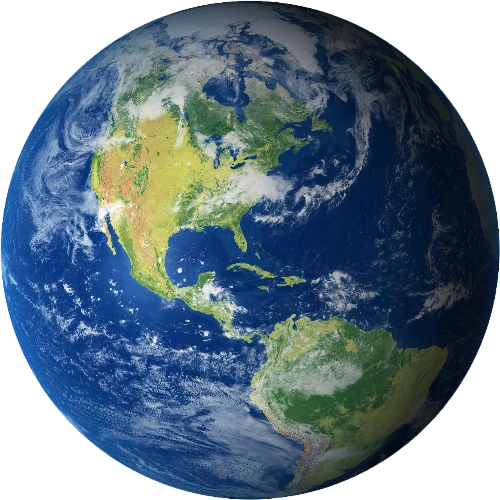East Kara Republic
|
|---|
|
Motto Anthem |
| Capital Buimin (and largest city) |
| Official Languages: Karan, Mandarin, |
| Religion: Buddhism, Hinduism |
|
Government type: Autarkic, nationalist single party-state Tolitarian dictatorship |
|
History
|
|
Population;
|
|
GDP (nominal)
|
| HDI; 0.815 (10th) |
The East Kara Republic (Chinese Script: 东 卡拉 共和国, Latinisation: Dōng Kara gònghéguó) is a sovereign state.
After the Jušen—Wa war, Kara was occupied by the Union of Jušen and the Yixing Republic, and over time two governments had formed, the Empire of Kara in the north and the Kara Republic in the south. The invasion of the Empire of Kara by the Kara Republic, backed up by anti-monarchists, and the Yixing and the Slavic Republics marked the start of the Kara Civil War (1935—1938). By 1936, it had almost unified the peninsula, but the Jušen and Wa intervention caused the Kara Republic to gradually lose much of its territory. The Civil War had ended with a peace treaty, though the Kara Republic gained some strategic cities on the Southeast Coast, it had lost much of its Western territory. Even today, it still claims to be the legitimate government of the entire Kara peninsula.
It has a very high HDI of 0.815, ranking relatively high in health and education, however it has a declining population and a low fertility rate. It has a long history of human rights violations and emigration to other countries. Before the seventies, it had a rapidly growing economy, but when its largest source of aid, the Slavic Republic collapsed, so did its economy. At the same time, its agricultural sector was damaged by a typhoon. Massive aid, primarily from West Kara had helped avoid more deaths and improved relations between the two. In 1991, Kara had successfully developed a nuclear bomb, and in 2000, a brief conflict had occurred in its borders, though negotiations were successful it had raised tensions to an all time high. It has slowly drifted from the worldwide autarky-movement, and has developed into an isolationist, small power.
